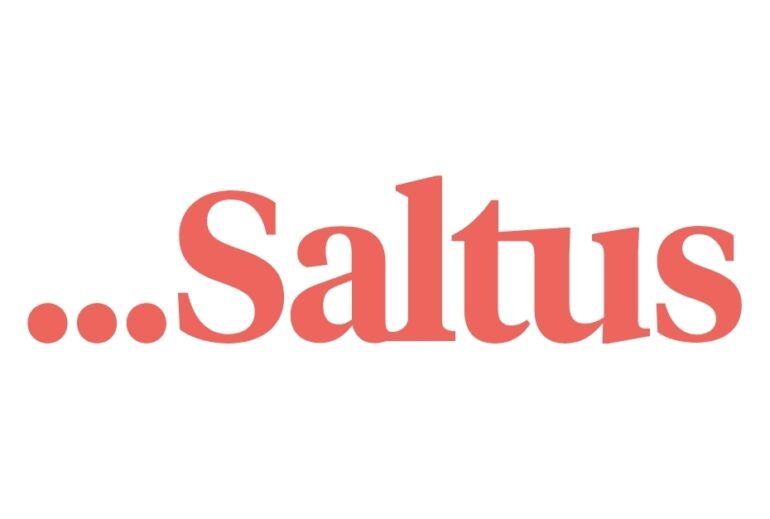Confidence among wealthy Britons in the UK economy has improved but remains well below pre-Budget highs, with worries over future tax hikes and inflation still clouding sentiment, according to the latest Saltus Wealth Index Report.
The twice-yearly survey of 2,000 people with at least £250,000 in investible assets showed the index climbing from 58.2 earlier this year to 64.7.
Two thirds (66%) of high-net-worth individuals (HNWIs) said they are confident in the economic outlook, compared with 48% in the previous report.
But that remained sharply lower than the 84% recorded a year ago, before Labour’s first Budget.
Tax remained a pressing concern ahead of the Autumn Budget.
The study found that 78% of respondents expected higher taxes within 12 months and nearly half (46%) saw potential tax changes as the biggest single risk to their wealth, second only to inflation (58%).
Capital Gains Tax, Income Tax, Employers’ National Insurance and pension contribution relief were all cited as likely targets.
Many are already acting: one third (33%) said they are taking steps such as reviewing retirement savings, setting up trusts or adjusting pension beneficiary nominations to protect wealth.
Confidence is significantly higher among those receiving professional financial advice – 84% of HNWIs who had spoken to an adviser in the past three months were optimistic about the economy, compared with just 33% who had never taken advice.
Mike Stimpson, partner at Saltus, said: “Confidence in the UK economy is showing a degree of recovery amongst high net worth individuals, up from the lows we saw in January, but this is tempered by concerns over future tax changes and what the Labour Government will do next.
“Whether it’s Capital Gains Tax, Income Tax or Inheritance Tax, HNWIs are braced for further changes at the Autumn Budget given the Chancellor’s limited fiscal room for manoeuvre.
“This cohort are the wealth creators, investors and employers who drive economic growth – if their confidence is undermined by continual uncertainty, that has consequences for everyone.”
Dr Michael Peacey, senior lecturer at the University of Bristol, added: “Some caution is necessary when considering the increase in the Index to 64.7. The research took place following the strong recovery in markets after the trough of the Trump tariff period and there are plenty of warning signals.
“They are still behind the recent peak of August 2024 (66.9), but have returned to levels last seen in December 2023 (64.4).
“This volatility reflects global and domestic uncertainties over the last year. On the positive side, the UK has seen slight growth in GDP and real wages, a fall in interest rates and the securing of a UK-US trade deal.
“Yet persistent inflation, geopolitical uncertainty, and the prospect of further tax rises in the November 2025 Budget continue to weigh on sentiment.”




